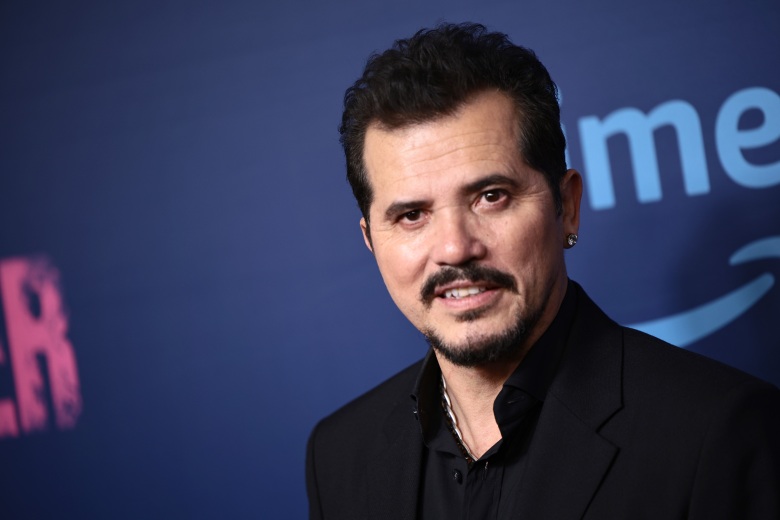
Leguizamo revealed that he almost declined the role because he was sick of being cast as drug dealers early in his career.
John Leguizamo has emerged as one of Hollywood’s most outspoken advocates for better Hispanic representation, speaking his mind on everything from James Franco being cast as Fidel Castro to the lack of colorblind casting in “The Super Mario Bros. Movie” in recent years. He consistently recalls the racist typecasting that he was often subjected to at the beginning of his career — and laments that not much has changed in the film industry.
In an interview with GQ, Leguizamo revealed that he was so sick of auditioning to play drug dealers early in his career that he considered passing on his now-iconic role as Benny Blanco in Brian De Palma’s “Carlito’s Way.”
“I’m a Latin guy and I didn’t wanna play another drug dealer. I was just kind of sick of that kind of routine,” Leguizamo said. “So I turned it down three times.”
He continued to resist the role, only to learn that one of Hollywood’s other rising Hispanic stars, Benicio Del Toro, was also in the mix for it. Once he learned Del Toro was interested, Leguizamo said that he opted to do the film after realizing it was a good career move.
“The producers said, ‘Look, this is the last time I’m coming to you. We’re gonna go to Benicio,’” he said. “Okay, I’ll take it!”
Leguizamo’s thoughts about not wanting to play drug dealers echo similar comments he made in a recent interview with IndieWire. The actor explained that the limited range of roles he was considered for as a young actor shaped his view about the importance of representation in films.
“Even when I was a kid going to college, I was like, ‘Wait a minute. How come we’re all paying the same tuition, I’m getting A’s, they’re not, and I’m getting five calls a day to play a drug dealer because I’m Latin?’ It was like Jim Crow,” he said. “The casting breakdown every day with the roles that were available were like, ‘White romantic lead, white doctor,’ and so on. They wouldn’t see you. When I started seeing the data, it blew my mind. I was like, ‘Wait a minute — we’re the largest ethnic group in America, the oldest ethnic group in America, and we’ve got no representation?’ More recently, I found that we’re 30 percent of the U.S. box office and four percent of streaming, and we’re still less than two percent of the faces in front of the camera.”
Sign Up: Stay on top of the latest breaking film and TV news! Sign up for our Email Newsletters here.













